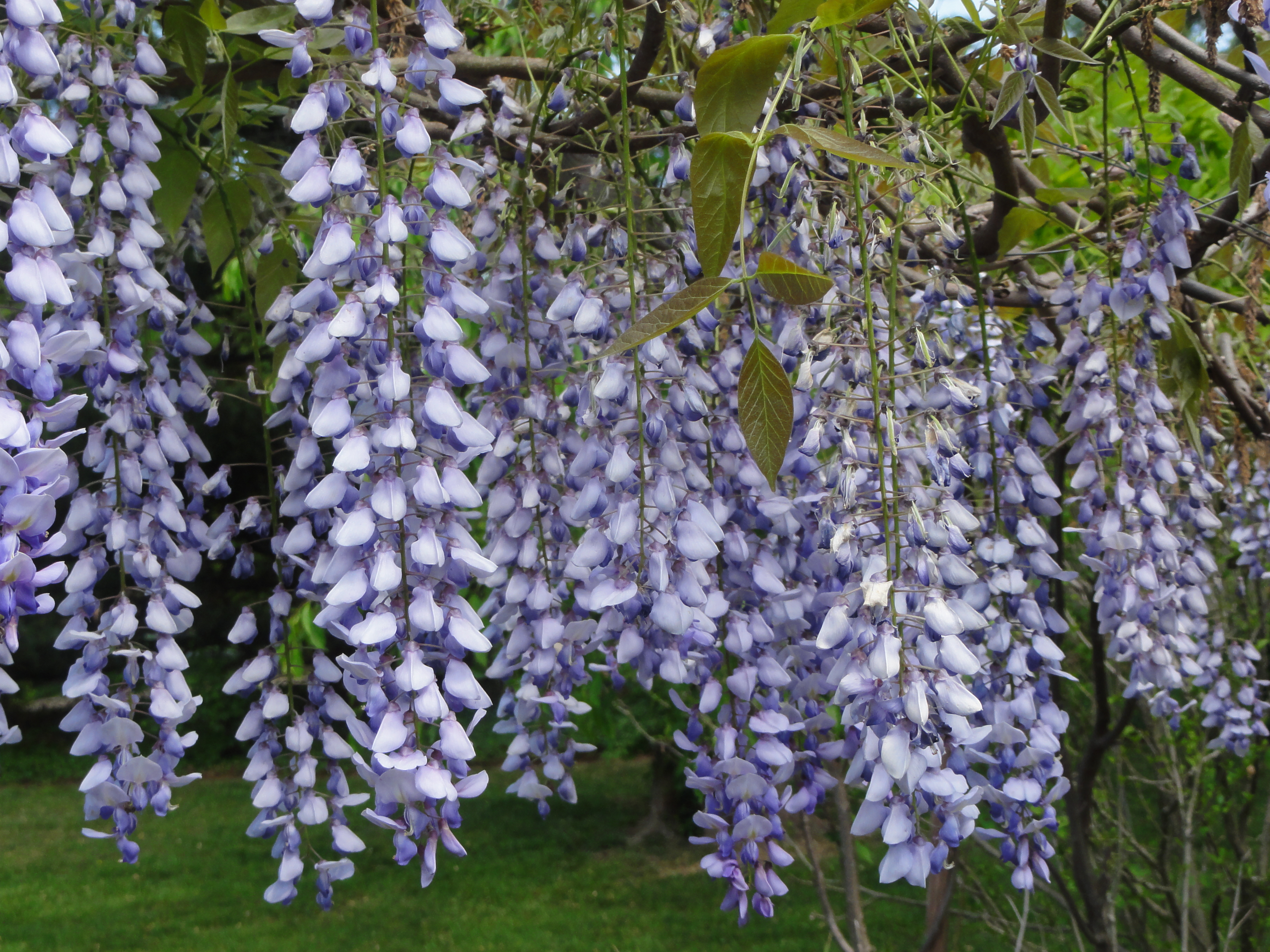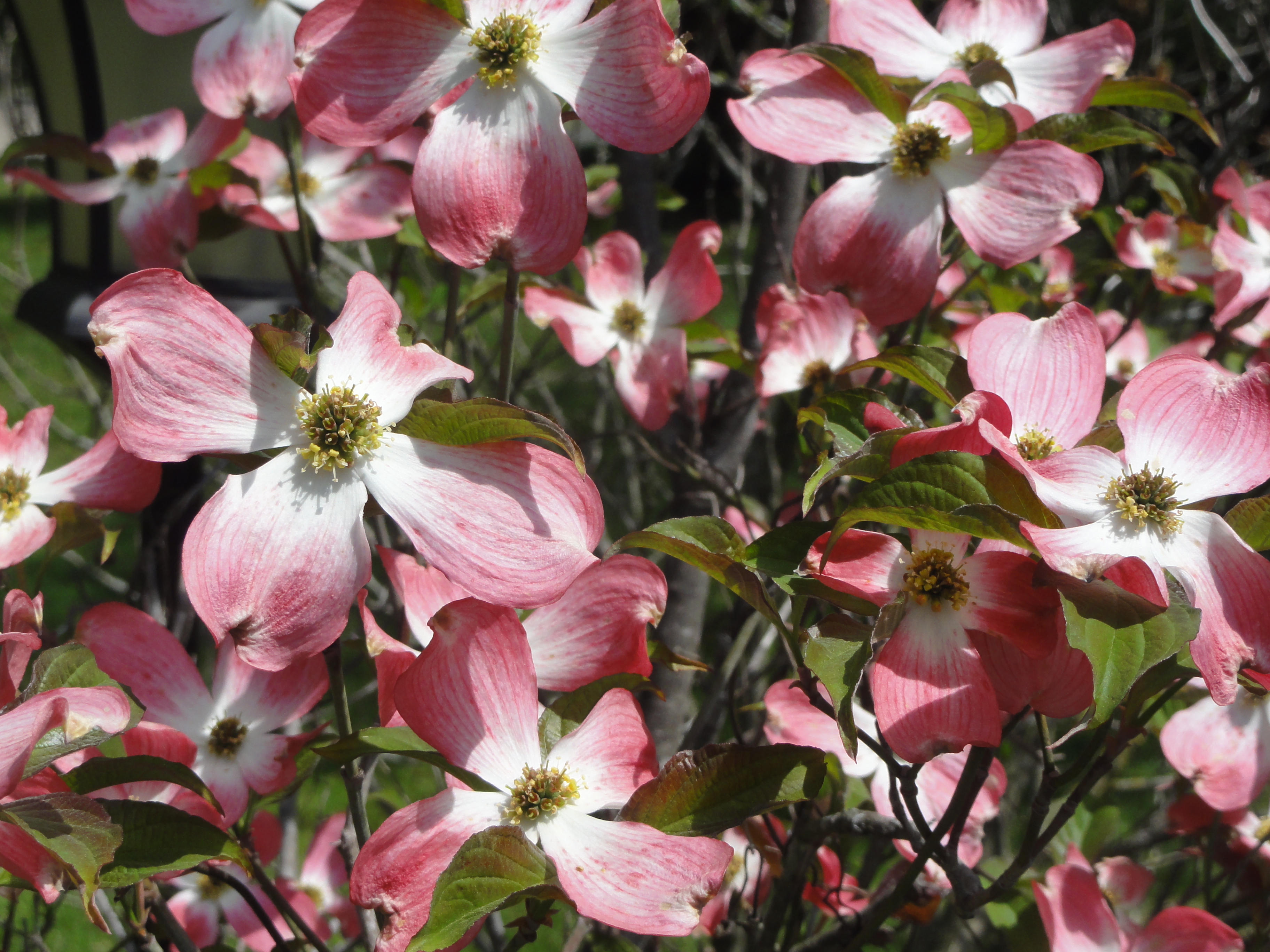Good morning!
We have a peaceful bright Sunday morning with abundant beautiful flowers, especially after our sitting and service. Magnitude 7.3 and 7.8 earthquakes in Japan and Ecuador, however, took 42 and 246 lives. More are missing and many injured and evacuated. The Japanese quake caused an unusual chain of earthquakes in addition to hundreds aftershocks, with operating nuclear power reactors on the connected fault line. Why can’t they be stopped for life, not for money?
Uchiyama Roshi’s Fostering Together has a chapter on a great person’s (大人) heart, not a small person’s (小人), rather than an adult’s and child’s heart. He quoted an incident of a child at a temple he used to visit to give his talks. The child, accompanied by another child, happened to come to a brush fire on the way back home. He caught a puppy coming by and put it into the fire. His father, learning that his child killed the puppy, pondered seriously overnight.
He made a bonfire and, taking his child there, asked if it were true. He admitted it. His father picked up him and asked if it would be okay to put him into the fire. Listening to the child’s denial and clinging, he told him never to do it again. Uchiyama Roshi advises us to drive our life’s car interconnected well with brake and accelerator, moment by moment. He quotes the Buddha’s words coming out of the great person’s heart:
All tremble with violence; all are in dread of death.
Comparing to oneself, don’t kill; don’t let others kill.
The Dhammapada, 129
All tremble with violence; life is dear for all living beings.
Comparing to oneself, don’t kill, don’t let others kill.
The Dhammapada, 130
As a mother protects her only child, even sacrificing her life,
So generate the limitless heart for all living beings.
The Suttanipata, 149
The Buddha left the Great Person’s Eightfold Awakening as his last lesson to us. The first one is the “least desire with satisfaction.” The Four Holy Truths tell us that craving (taṇhā, lit. thirst) is the cause of suffering (du-kha, wrong-going, lit. dissatisfaction). Happiness consists in contentment. Civilization (craving for matter and power, lit. urbanization for comfort and utility) is itself the source of suffering. Cultivation (culture for life and heart) is itself joy.
4/17/6



